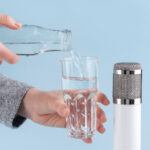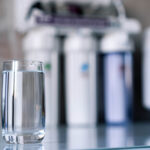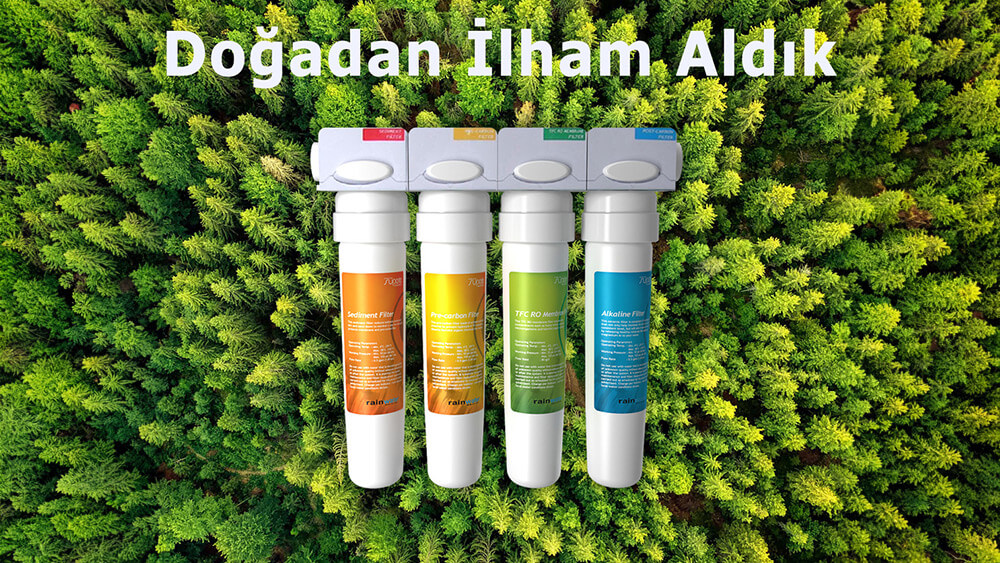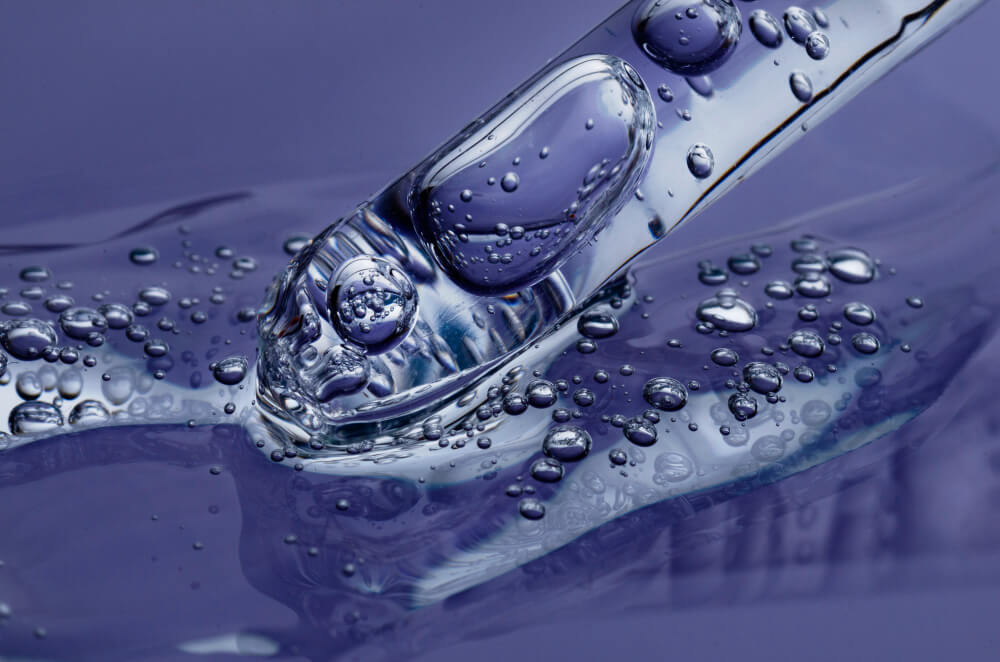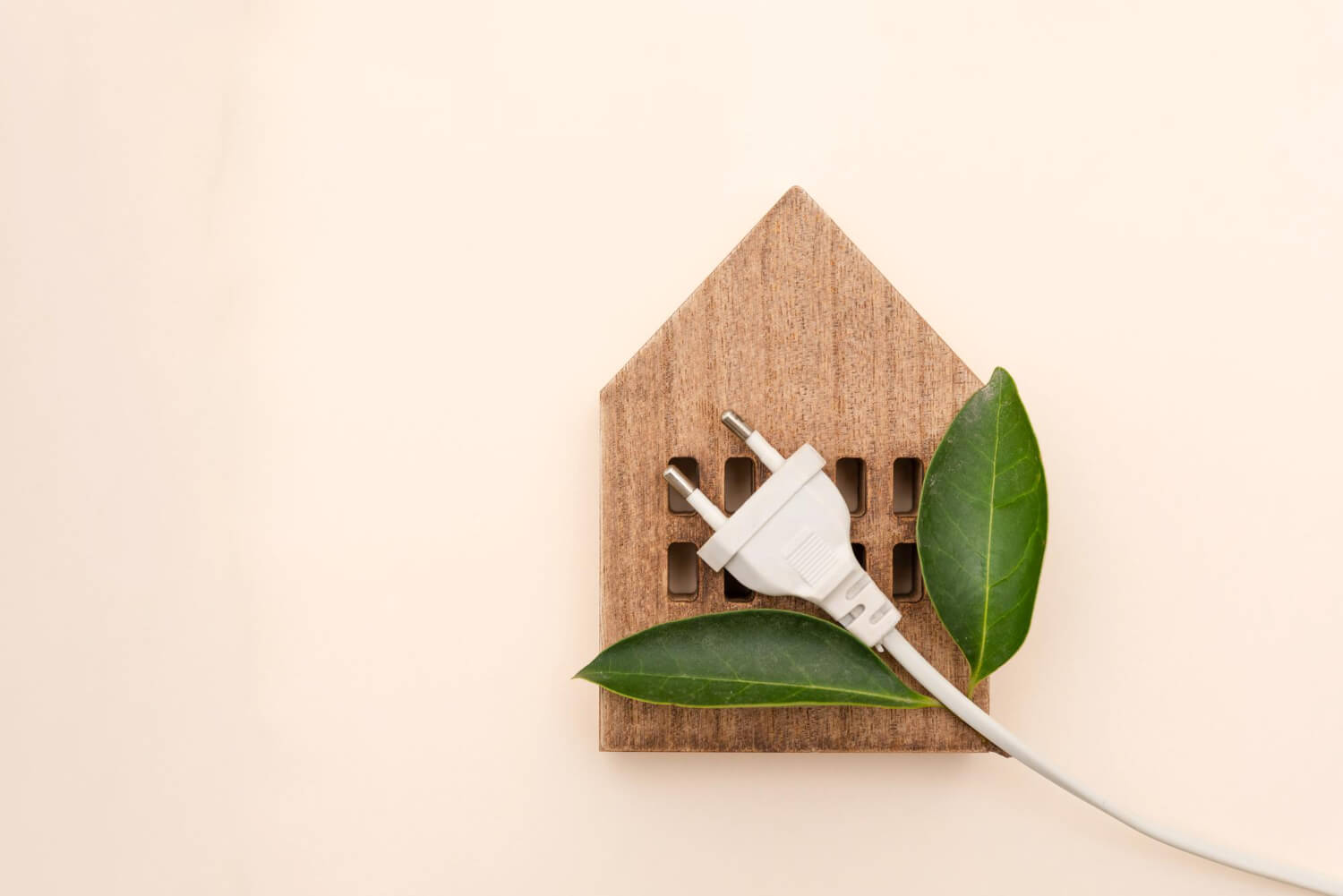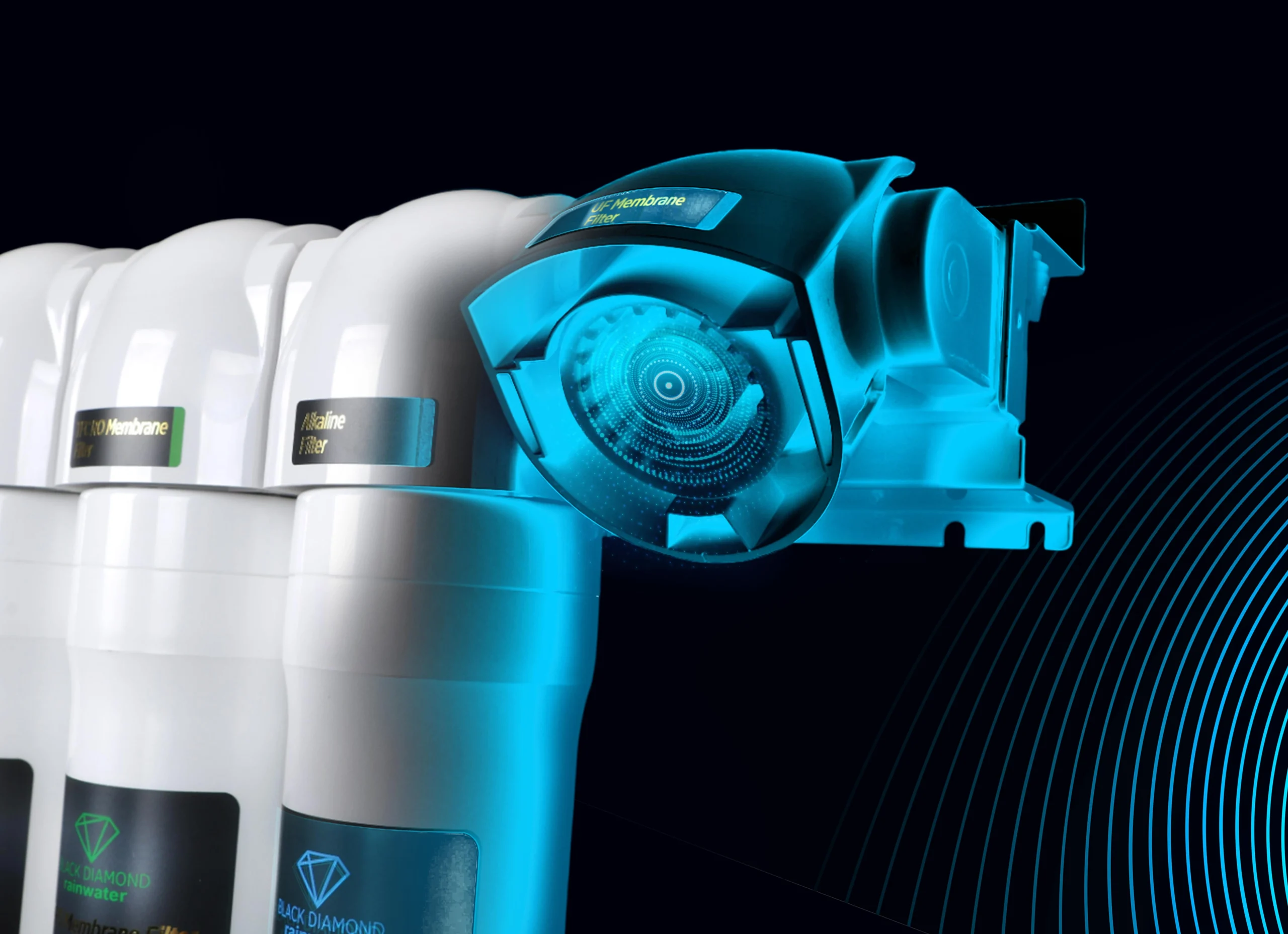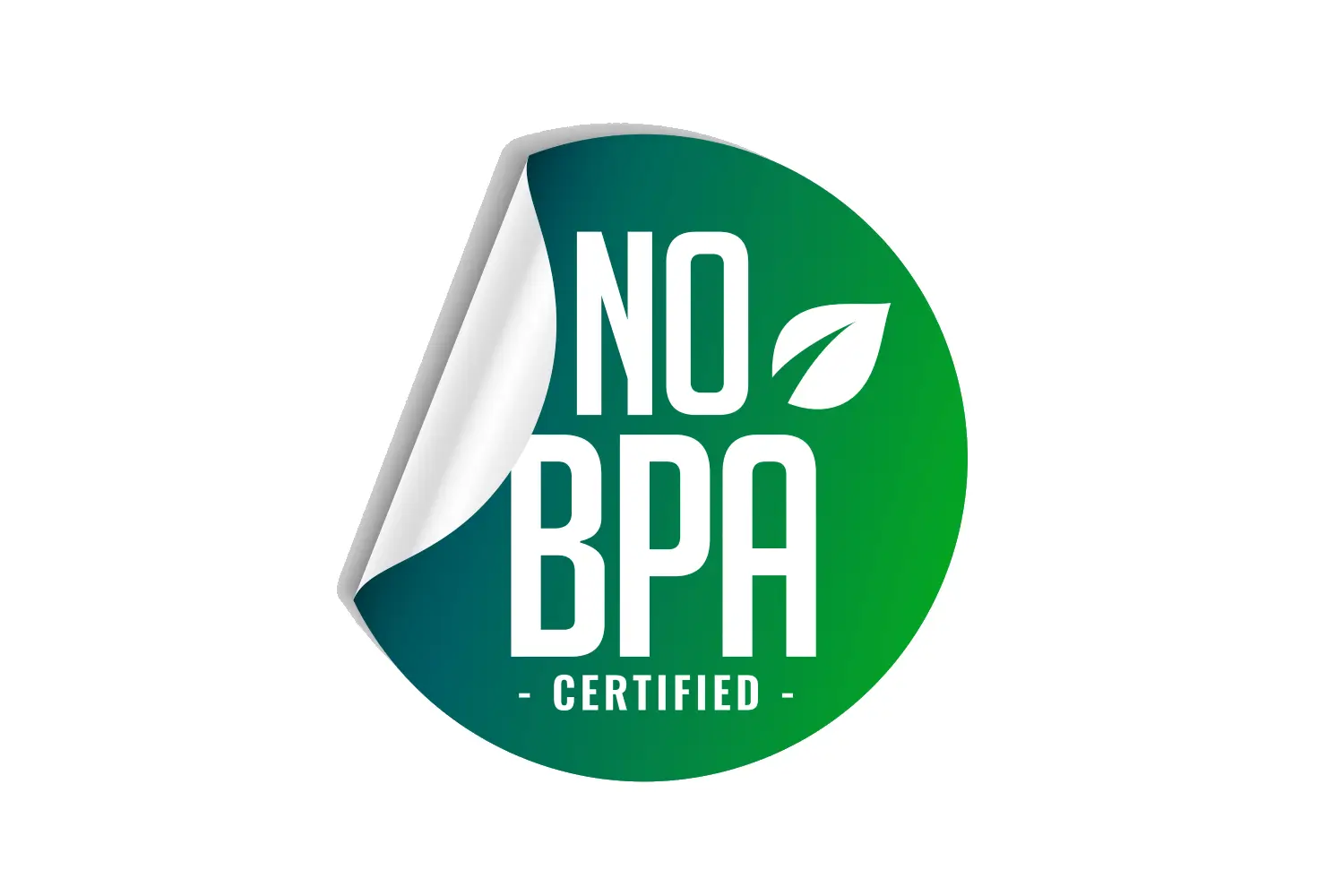A large part of the human body consists of water and water is indispensable for sustaining life. Water plays a role in many basic functions, from the functioning of cells to the functioning of the digestive system, from balancing body temperature to removing toxins. Daily water requirement may vary from person to person. Therefore, instead of talking about a fixed number, it is necessary to determine it by taking into account individual characteristics, lifestyle and environmental factors.
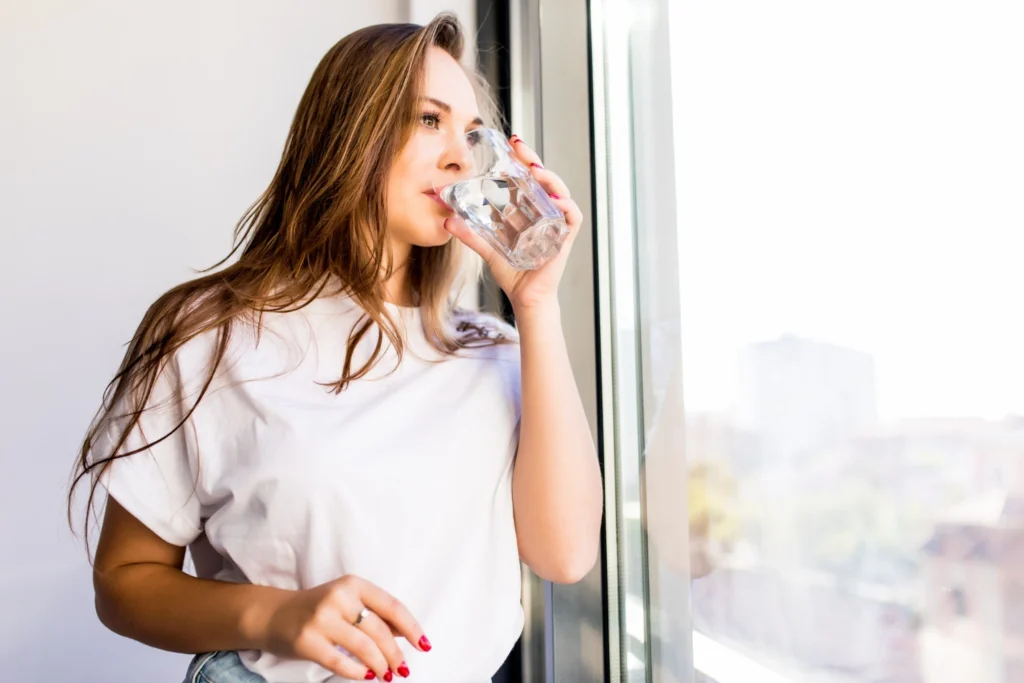
Although experts generally recommend that adults consume an average of 2 to 3 litres of water per day for “how many litres of water to drink per day?“, this rate may increase or decrease depending on personal circumstances. So, according to which criteria is the body’s water need determined?
How to Determine the Body’s Water Needs?
Different factors are effective in determining the need for water. Since each of these factors directly affects the body’s fluid balance, it should be taken into consideration in calculating the correct daily amount of water.
Gender
The water needs of men and women may differ. Since men usually have more muscle mass than women, their water requirement is also higher. The average daily water requirement in men approaches 3 litres, while in women this amount is usually around 2 to 2.5 litres.
Age
As age progresses, the metabolic rate slows down and the body’s water balance also changes. While the thirst mechanism works more actively in young individuals, the feeling of thirst may decrease in older ages. For this reason, it is especially important for elderly individuals to consciously monitor their water consumption.
Weight
With increasing weight, the load carried by the body and metabolic activities also increase. When the amount of water per kilogram is calculated, it is recommended to consume approximately 30-35 ml of water per kilogram. For example, the daily water requirement of an individual weighing 70 kilograms is between 2 and 2.5 litres.
Health Status
Diseases, medication or metabolic disorders can change the need for water. Especially in cases of increased fluid loss such as fever, diarrhoea or vomiting, the body needs more water. In kidney, heart or liver diseases, water consumption should be adjusted under the supervision of a doctor.
Activity Level
Physical activity is one of the factors that most affect the need for water. Individuals who do sports or spend intense physical effort during the day lose a significant amount of fluid through sweating. In this case, daily water consumption should be increased by an average of 1 litre.
Weather (Climate)
The climate of the region directly affects water consumption. Since sweating will increase in hot weather, the body needs more fluid. Although the feeling of thirst decreases in cold weather, the body still loses water. Therefore, regular water consumption is of great importance in all seasons.
Pregnancy and Breastfeeding Status
Increased blood volume during pregnancy and the development of the baby increase the water requirement of the expectant mother. During breastfeeding, extra fluid is needed for milk production. Therefore, water consumption of pregnant and breastfeeding women should be between 2.5 and 3.5 litres per day on average.
Daily Water Consumption for Women and Men
The average daily water requirement for women is 2 to 2.5 litres and for men 2.5 to 3 litres. This amount includes not only pure water, but also fluids from food and other drinks. For example, fluids from fruit and vegetables can meet about 20 per cent of the daily requirement. However, caffeinated drinks and fizzy drinks are no substitute for water. In some cases, they can even increase fluid loss. Therefore, most of the daily water requirement should be met from pure and clean water. The right filters should be preferred for safe drinking water.
How much water should children drink a day?
The need for water in children varies according to age, weight and activity level. Adequate water consumption in children is critical for growth, metabolism and mental development.
1-3 Year Old Children
On average, children in this age group should consume 1 to 1.3 litres of water per day. This amount can be met both from pure water and fluids from milk, fresh fruit juice and food.
Children aged 4-8 years
The water requirement of children aged 4-8 years increases to approximately 1.5 litres. Since more fluid loss may occur due to sweating, especially during play and in hot weather, it is important to gain the habit of drinking water regularly in this age group.
Children aged 9-13 years
As growth accelerates in this age group, the need for water also increases. It is recommended that girls drink up to 2 litres of water daily and boys up to 2.2 litres.
Youth 14 Years and Over
During puberty, hormonal changes, sports activities and increased energy needs increase water consumption. Young girls should drink between 2-2.3 litres of water daily and young men between 2.5-3 litres.
What is Dehydration?
Dehydration is a condition in which the body loses more fluid than it takes in. Dehydration occurs when not enough water is consumed or excessive fluid loss occurs. While this condition can manifest itself with symptoms such as mild headache and weakness, it can lead to serious health problems at an advanced level.
What are the Symptoms of Dehydration?
Initial symptoms of dehydration include dry mouth, dry skin, dark urine, dizziness and fatigue. In advanced cases, conditions such as accelerated heartbeat, low blood pressure and confusion may occur. Restlessness in children and crying without tears and dry nappies in infants are signs to watch out for.
What are the Harms of Drinking Too Much Water?
Water is essential for life, but it can harm the body when consumed excessively. Drinking too much water can lower the level of sodium in the blood, leading to a serious condition called hyponatremia. This can result in headache, nausea, muscle cramps and, in severe cases, loss of consciousness. It also causes kidney overload. For this reason, daily water consumption should be appropriate to the needs and should not be excessive. A quality water purification tap should be preferred for healthy drinking water.
How many glasses is 3 litres of water?
When a water glass is accepted as 200 ml on average, 3 litres of water is approximately 15 glasses. This amount is an amount approaching the upper limit of the daily water requirement and is an appropriate reference point, especially for adults.
Drinking 3 litres of water regularly and evenly helps to maintain the body’s electrolyte balance and ensures optimal functioning of the kidneys. Drinking small glasses of water frequently throughout the day is more effective in terms of digestion and absorption than drinking large amounts at once.
How many glasses is 2.5 litres of water?
2.5 litres of water is equivalent to approximately 12 to 12.5 glasses of water in average 200 ml glasses. This is an ideal daily fluid intake level for most adults and is particularly suitable for individuals engaged in moderate physical activity.
Daily consumption of 2.5 litres of water facilitates the elimination of metabolic wastes in the body, supports skin health and helps maintain energy levels. In water consumption, it is important that the size of the glass or the amount is distributed throughout the day, not all at once.
How many glasses is 4 litres of water?
4 litres of water is equivalent to approximately 20 glasses of water in standard 200 ml glasses. This is well above the daily water requirement and is generally recommended for athletes who exercise intensively, people living in hot climates or individuals who experience high fluid loss through sweating. However, consuming 4 litres of water in a short period of time can lead to electrolyte imbalance in the body and the risk of hyponatremia. Therefore, a high water intake should be balanced throughout the day and, if necessary, under the supervision of a nutritionist or doctor. For safe and clean drinking water, a water purifier may be preferred.

 TR
TR
 Blog
Blog 
